Andrea Dworkin - Pornography: Men Possessing Women
Here you can read online Andrea Dworkin - Pornography: Men Possessing Women full text of the book (entire story) in english for free. Download pdf and epub, get meaning, cover and reviews about this ebook. year: 1981, genre: Romance novel. Description of the work, (preface) as well as reviews are available. Best literature library LitArk.com created for fans of good reading and offers a wide selection of genres:
Romance novel
Science fiction
Adventure
Detective
Science
History
Home and family
Prose
Art
Politics
Computer
Non-fiction
Religion
Business
Children
Humor
Choose a favorite category and find really read worthwhile books. Enjoy immersion in the world of imagination, feel the emotions of the characters or learn something new for yourself, make an fascinating discovery.

- Book:Pornography: Men Possessing Women
- Author:
- Genre:
- Year:1981
- Rating:4 / 5
- Favourites:Add to favourites
- Your mark:
- 80
- 1
- 2
- 3
- 4
- 5
Pornography: Men Possessing Women: summary, description and annotation
We offer to read an annotation, description, summary or preface (depends on what the author of the book "Pornography: Men Possessing Women" wrote himself). If you haven't found the necessary information about the book — write in the comments, we will try to find it.
Pornography: Men Possessing Women — read online for free the complete book (whole text) full work
Below is the text of the book, divided by pages. System saving the place of the last page read, allows you to conveniently read the book "Pornography: Men Possessing Women" online for free, without having to search again every time where you left off. Put a bookmark, and you can go to the page where you finished reading at any time.
Font size:
Interval:
Bookmark:
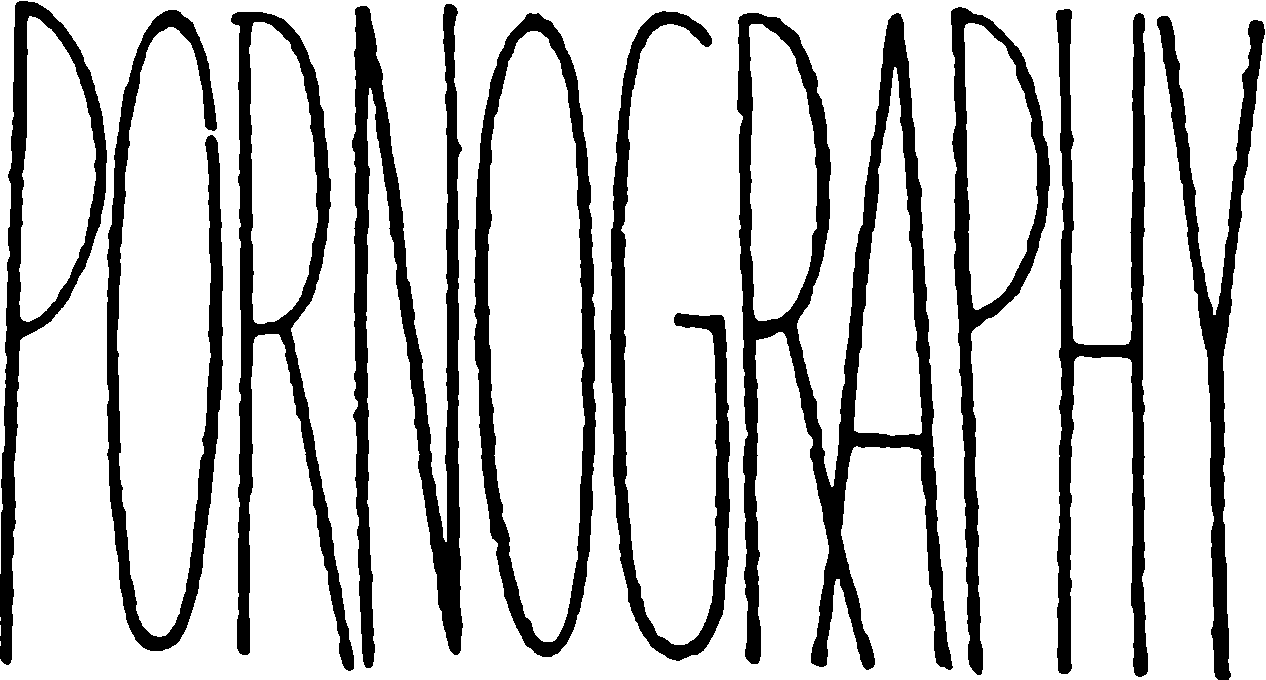
Power
For freedom is always relative to power, and the kind of freedom which at any moment it is most urgent to affirm depends on the nature of the power which is prevalent and established.
R. H. Tawney, Equality
The power of men is first a metaphysical assertion of self, an I am that exists a priori, bedrock, absolute, no embellishment or apology required, indifferent to denial or challenge. It expresses intrinsic authority. It never ceases to exist no matter how or on what grounds it is attacked; and some assert that it survives physical death. This self is not merely subjectively felt. It is protected by laws and customs, proclaimed in art and in literature, documented in history, upheld in the distribution of wealth. This self cannot be eradicated or reduced to nothing. It is. When the subjective sense of self falters, institutions devoted to its maintenance buoy it up.
The first tenet of male-supremacist ideology is that men have this self and that women must, by definition, lack it. Male self seems to be a contradiction. On the one hand, it hangs suspended in thin air; it is magically perpetual; it requires nothing to sustain or support it. On the other hand, it is entitled to take what it wants to sustain or improve itself, to have anything, to requite any need at any cost. In fact, there is no contradiction, just a simple circle: the nature of the male self is that it takes, so that, by definition, the absolute self is expressed in the absolute right to take what it needs to sustain itself. The immutable self of the male boils down to an utterly unselfconscious parasitism. The self is the conviction, beyond reason or scrutiny, that there is an equation between what one wants and the fact that one is. Going Descartes one better, this conviction might be expressed: I want and I am entitled to have, therefore I am.
Self is incrementally expanded as the parasite drains self from those not entitled to it. To him it is given, by faith and action, from birth. To her it is denied, by faith and action, from birth. His is never big enough; hers is always too big, however small. As a child, the first self he drains is that of his motherwhatever she has of it is reserved for him. He feeds off her labor and her qualities. He uses them up. She is devoted, more or less; but the more is as much insult as the less; and nothing is ever enough unless it has been too much; all of this regardless of what or how much it has actually been. As the boy matures, he is encouraged to make the treacherous and apparently devastating normal adjustment, that is, to transfer his parasitism of the mother to other females, who have more succulent selves to which they are not entitled. In the course of his life, he reenacts this grand transition as often as he wishes. He finds the qualities and services he needs and he takes them. Especially he uses women, as Virginia Woolf described in A Room of One's Own , to enlarge himself. He is always in a panic, never large enough. But still, his self is immutable however much he may fear its ebbing away, because he keeps taking, and it is taking that is his immutable right and his immutable self. Even when he is obsessed with his need to be more and to have more, he is convinced of his right to be and to have.
Second, power is physical strength used over and against others less strong or without the sanction to use strength as power. If physical strength is not used over and against othersfor instance, if a slave is strongit is not power. The right to physical strength as power, in a male-supremacist system, is vouchsafed to men. The second tenet of male supremacy is that men are physically stronger than women and, for that reason, have dominion over them. Physical strength in women that is not directly harnessed to womens work becomes an abomination, and its use against men, that is, as power, is anathema, forbidden, horribly punished. The reality of male physical strength in an absolute sense is less important than the ideology that sacralizes and celebrates it. In part, the physical strength of men over women is realized because men keep women physically weak. Men choose women who are weak as mates (unless heavy labor is part of the female role); and systematically in the raising of women, physical strength is undermined and sabotaged. Women are physically weaker the higher their economic class (as defined by men); the closer they are to power, the weaker they are. Even women who are physically strong must pretend to be weak to underline not only their femininity but also their upwardly mobile aesthetic and economic aspirations. Physical incapacity is a form of feminine beauty and a symbol of male wealth: he is rich enough to keep her unable to labor, useless, ornamental. Women are also often mutilated, physically or by fashion and custom, so that whatever physical strength they may have is meaningless. Male physical strength, regardless of its absolute measure, is meaningful. Male physical strength expressed as power, like male self, is not a subjective phenomenon; its significance is not whimsical. Laws and customs protect it; art and literature adore it; history depends on it; the distribution of wealth maintains it. Its absolute value is mythologized and mystified so that women are cowed by its legend as well as its reality. The power of physical strength combines with the power of self so that he not only is, he is stronger; he not only takes, he takes by force.
Third, power is the capacity to terrorize, to use self and strength to inculcate fear, fear in a whole class of persons of a whole class of persons. The acts of terror run the gamut from rape to battery to sexual abuse of children to war to murder to maiming to torture to enslaving to kidnapping to verbal assault to cultural assault to threats of death to threats of harm backed up by the ability and sanction to deliver. The symbols of terror are commonplace and utterly familiar: the gun, the knife, the bomb, the fist, and so on. Even more significant is the hidden symbol of terror, the penis. The acts and the symbols meet up in all combinations, so that terror is the outstanding theme and consequence of male history and male culture, though it is smothered in euphemism, called glory or heroism. Even when it is villainous, it is huge and awesome. Terror issues forth from the male, illuminates his essential nature and his basic purpose. He chooses how much to terrorize, whether terror will be a dalliance or an obsession, whether he will use it brutally or subtly. But first, there is the legend of terror, and this legend is cultivated by men with sublime attention. In epics, dramas, tragedies, great books, slight books, television, films, history both documented and invented, men are giants who soak the earth in blood. Within the legend men have great chances and are the carriers of values. Within the legend, women are booty, along with gold and jewels and territory and raw materials. The legend of male violence is the most celebrated legend of mankind and from it emerges the character of man: he is dangerous. With the rise of social Darwinism in the nineteenth century and now in the pseudoscience of sociobiology, Man-the-Aggressor is at the apex of the evolutionary struggle, king of the earth because he is the most aggressive, the crudest. Male-supremacist biology, which now suffuses the social sciences, is, in fact, an essential element in the modem legend of terror that man spews forth celebrating himself: he is biologically ordained (where before he was Gods warrior) to terrorize women and other creatures into submission and conformity. Failing that, terror will fulfill its promise; the male will wipe out whatever terror does not control. The third tenet of male-supremacist ideology, in a secular society where biology has replaced God (and is used to buttress anachronistic theology whenever necessary), is that men are biologically aggressive, inherently combative, eternally antagonistic, genetically cruel, hormonally prone to conflict, irredeemably hostile and warring. For those who remain devout, God endowed man with what, by any standard, must be considered a universally bad disposition, fortunately put to good use in subduing women. The acts of terror, the symbols of terror, and the legend of terror all spread terror. This terror is not a psychological event as that phrase is commonly understood: it does not originate in the mind of the one experiencing it, though it fiercely resonates there. Instead, it is generated by cruel acts widely sanctioned and encouraged. It is also generated by its own enduring reputation, whether exquisite as in Homer, Genet, or Kafka; or fiendish as in Hitler, the real Count Dracula, or Manson. Rotting meat smells; violence produces terror. Men are dangerous; men are feared.
Font size:
Interval:
Bookmark:
Similar books «Pornography: Men Possessing Women»
Look at similar books to Pornography: Men Possessing Women. We have selected literature similar in name and meaning in the hope of providing readers with more options to find new, interesting, not yet read works.
Discussion, reviews of the book Pornography: Men Possessing Women and just readers' own opinions. Leave your comments, write what you think about the work, its meaning or the main characters. Specify what exactly you liked and what you didn't like, and why you think so.

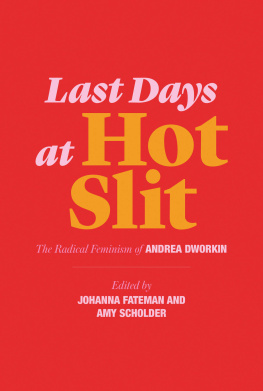
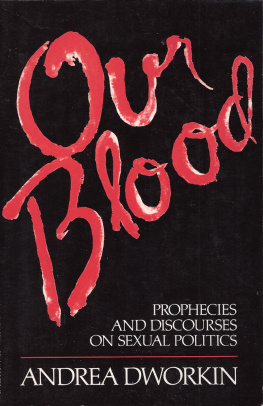
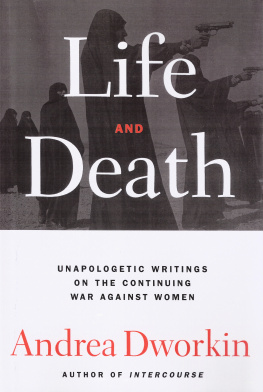
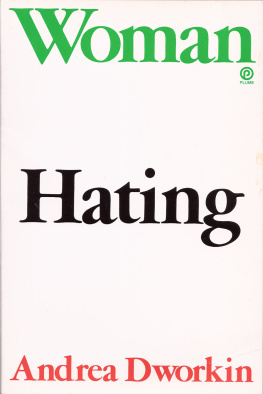
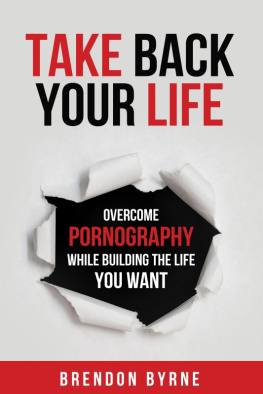
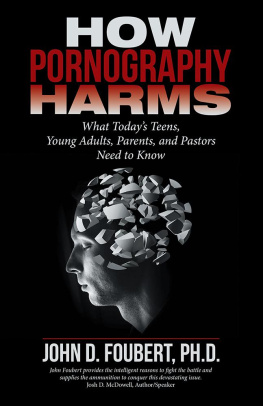
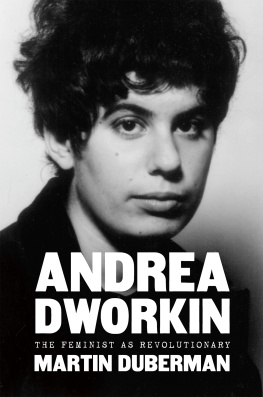
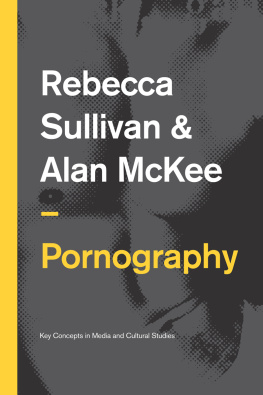
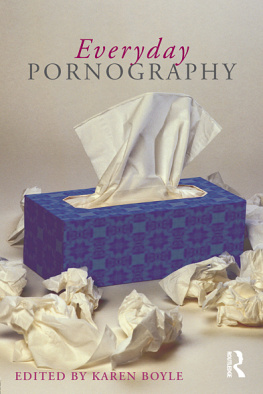

![Dworkin - Life and death : [unapologetic writings on the continuing war against women]](/uploads/posts/book/97794/thumbs/dworkin-life-and-death-unapologetic-writings.jpg)